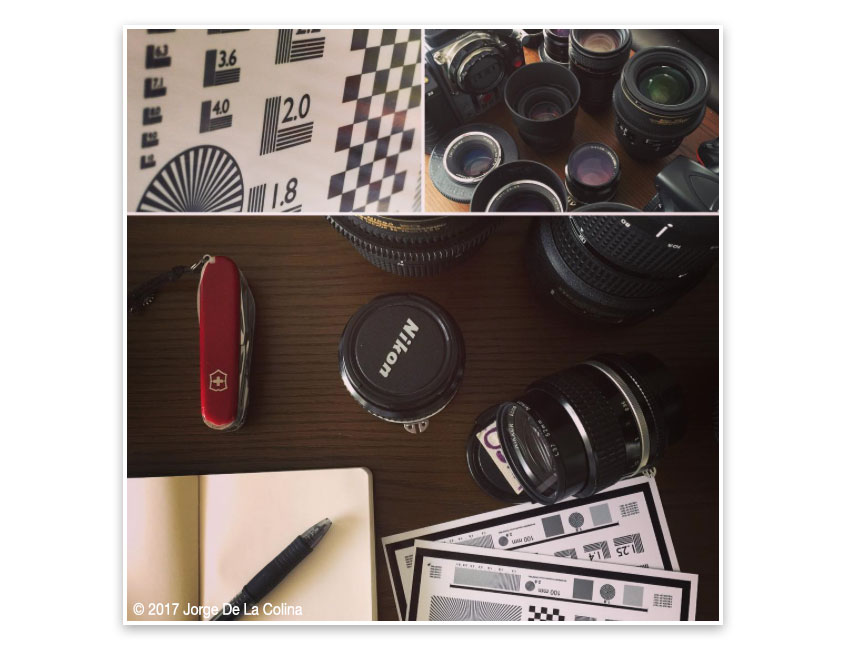Overlooked Tip To Get Better Pictures and Video!
Want to take better pictures and video without having to buy new gear? You’ve come to the right place! This can apply to people starting in photography, cinematography, even vloggers!
So in my previous post, https://steemit.com/photography/@jdelaco/it-s-not-about-the-gear-until-it-is, we talked about how it’s not about the gear, until it does become about the gear. If you want to know why, take a second to give it a quick read so this one makes a little more sense.
The main idea is to grow as an artist, regardless of your gear. Think of the limitations of your camera, lens, etc. as challenges. Through challenges, comes creativity. Don’t believe me? There’s countless examples in the history of film that prove this theory, the first one that comes to mind is Jaws. In Jaws, Spielberg wanted to get plenty of shots of the shark throughout the movie, except their animatronic didn’t swim right and looked too fake during production. They got the shots and decided in the editing they would leave them out and show the shark until the end. A decision that made the movie better, more suspenseful. I know the shark isn’t the same thing for us as a camera, lens, lights, or something else that we’d be using, however it’s an example of perseverance and overcoming our obstacles through creative solutions. Leave in the comments other examples of movies or photographers that overcame their obstacles and/or limitations to get better images.
This is especially true in low budget film and photography. To be a successful artist, you have to have a high level of adaptability. Things will always change with your actors/model, sets, the weather, and your equipment may even malfunction. You’ll be faced with either going home with your head down low, or seizing the moment and seeing these obstacles as challenges.
So what tip can we use to take better pictures and video with the equipment we already have?

WE HAVE TO TEST OUR EQUIPMENT
Knowing your equipment inside and out will help us anticipate problems when we plan our shoots, and persevere during production.
So what kind of things would we be looking for?
Knowing how your camera handles high ISOs in low light is a great thing to know. This can help you pre-plan for daylight hours, and if you need a flash or lights for when it gets dark or if shooting in interiors. Some cameras handle it better, and some have noisier ISOs in between cleaner ISOs.
Testing your lenses is one of the best things you can do. All lenses have defects, or areas of strengths and weakness. Things you can test for are loss of sharpness, vignetting, distortion, chromatic aberrations, to name a few. Something to consider is that a lens wide open or fully closed down will not give you its’ best images. Closing down the aperture a few stops will generally give you sharper images with less chromatic aberration. Different lenses will perform their best at different apertures, and you won’t know where this sweet spot is until you test your lenses. You also won’t know what defects you’re dealing with at given apertures until you test all your lenses and write down your results.
Another reason to test your lenses is because with today’s manufacturing no two lenses are exactly the same- even if they’re the same brand, same model, and from the same batch in the same store. You need to get to know the limitations and characteristics of your lens.
Another great thing to do for photography is to calibrate your lens to your camera. I know that on Nikon cameras you can do a lens profile and test the sharpness of your exact lens. Once you do this test your camera will remember if your lens is + or - sharpness and give you tack sharp autofocus. It will even remember the lens down to its serial number, so even if you rent the same model of lens again, or if for some reason you have two of the same lenses, it won’t mix up the results with another lens.
These are only a few tests you can do to greatly improve your images. After you do these tests, you’ll be able to assess any situation better, know how your gear will perform, and ultimately let you know how to get the best possible image for any number of situations.
If you like to learn more about filmmaking in general, what happens behind the scenes, and reading about some of my other hobbies, don't forget to follow me here!
I'll be glad to read any questions, comments or feedback!
Until next time, have a great day!
Hey, I got better after being sick so long, and coming back to read Steem, noticed you hardly got any views for this good educational article. Hopefully my voting and resteeming helps. :)
I know right? Thanks for the vote and resteem! I was hoping it could get more views because these were things that were an eye opener for me when I learned about them. The best part is that anyone could start doing this with their equipment right now and start improving without spending any money on more equipment. I'll try to be more consistent and post more of the tests and tips I've learned throughout the years and hopefully it reaches more people.
Nice
Thanks!